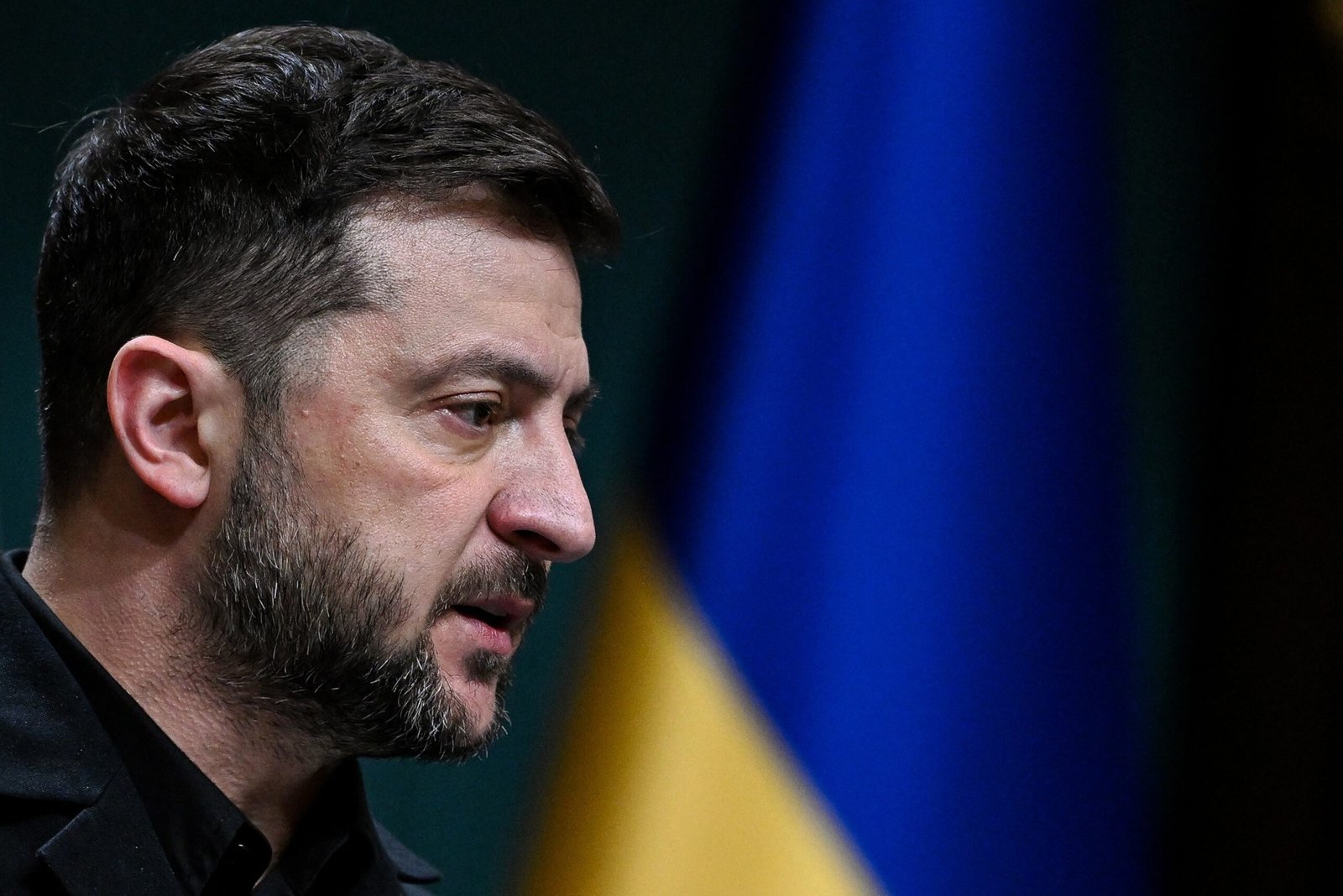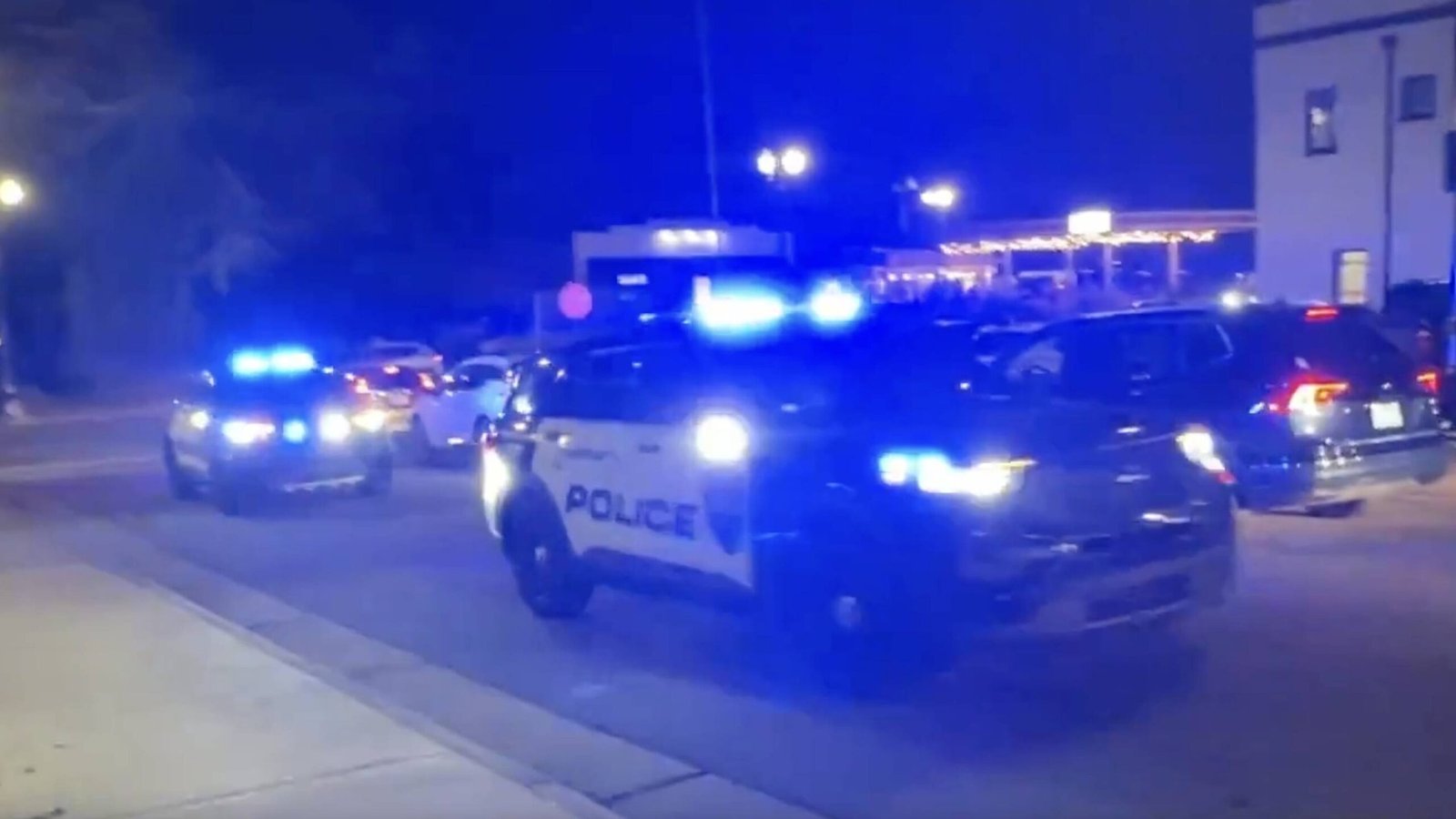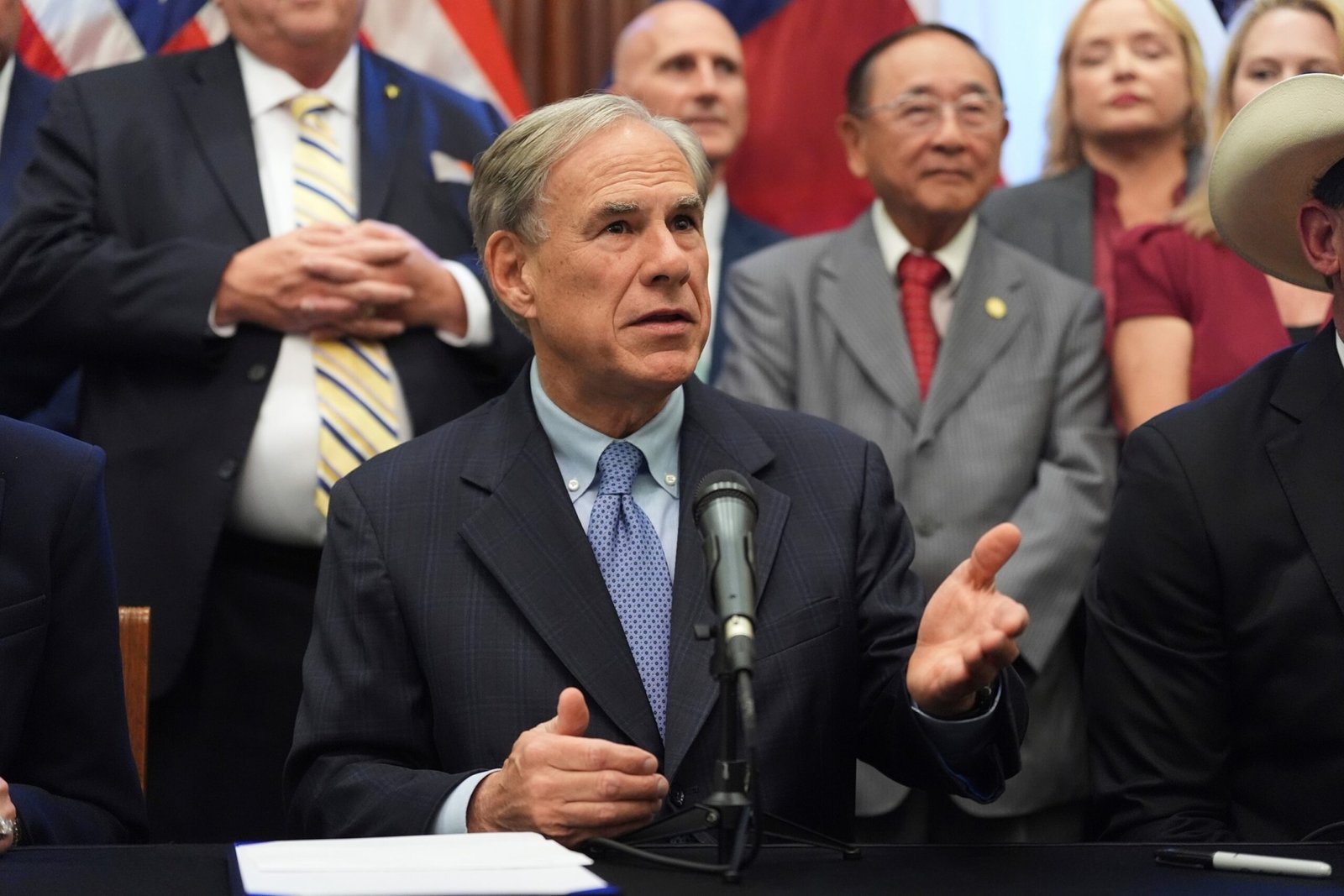Former Vice President Dick Cheney, considered by many political observers to be the most politically active and influential vice president in American history, has died. He was 84 years old.
“Richard B. Cheney, the 46th Vice President of the United States, died last night, November 3, 2025,” his family said in a statement. “He was 84 years old. His beloved wife of 61 years, Lynne, his daughters, Liz and Mary, and other family members were with him when he passed away. The former vice president died due to complications from pneumonia and heart and vascular diseases.”
He worked for almost four decades in Washington. He was the youngest White House chief of staff during Gerald Ford’s presidency; represented Wyoming in the U.S. House of Representatives, where he worked with congressional leaders and President Ronald Reagan; was Secretary of Defense during the presidency of George HW Bush; and then served two terms as vice president during the administration of Bush’s son, President George W. Bush.
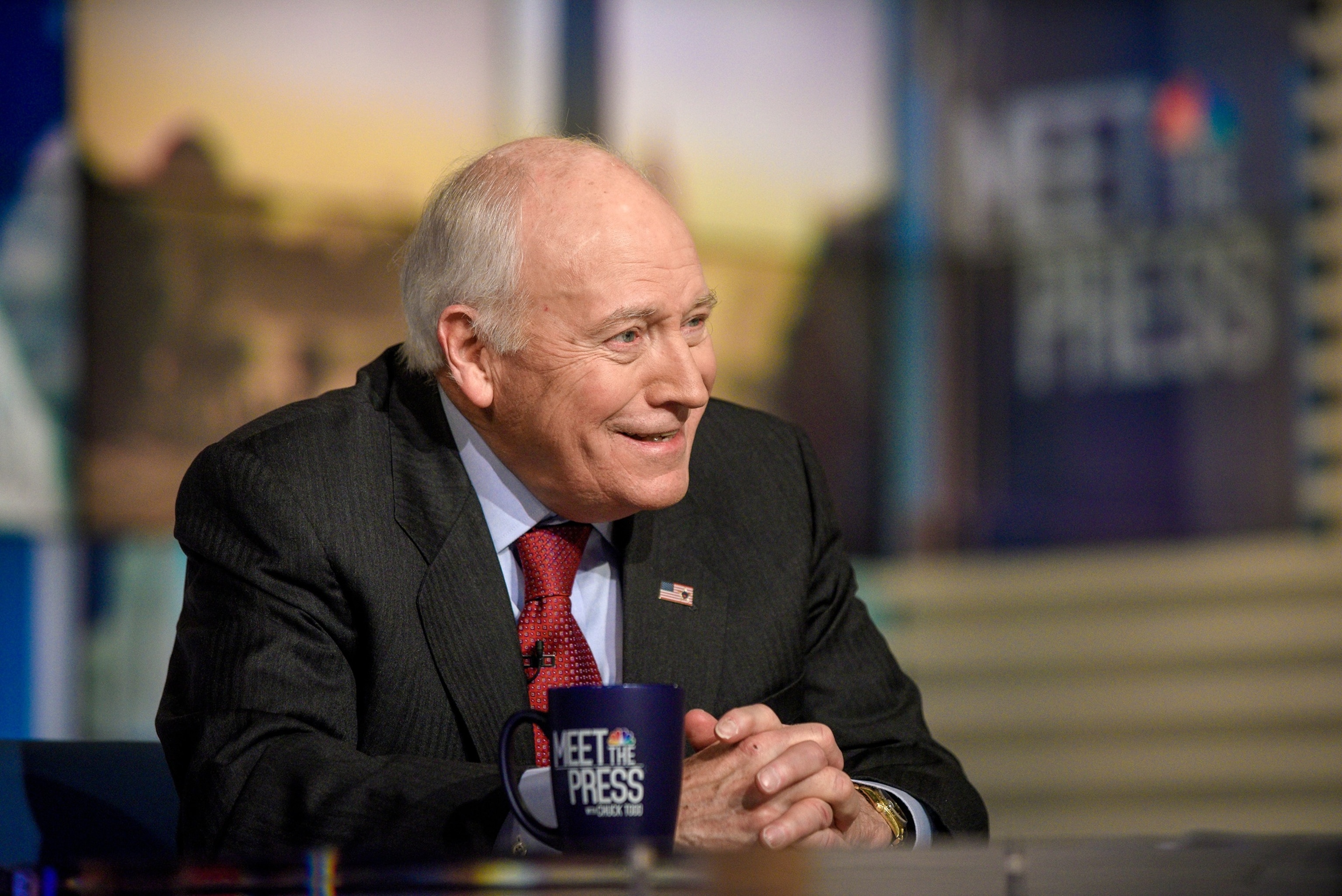
Former Vice President Dick Cheney appears on “Meet the Press” in Washington, DC, on December 2, 2018.
NBC Newswire/NBCU Photo Bank/NBCUniversal via
He was also CEO of Halliburton, a Texas-based energy company that had a global presence.
When terrorists attacked the United States on September 11, 2001, it was Cheney who first took command while the president was away from Washington.
“When the president spoke, I told him that the Pentagon had been attacked and urged him to stay away from Washington,” Cheney recalled in his memoir, “In My Time.” “The city was under attack and the White House was a target. I understood that he didn’t want it to look like he was on the run, but he shouldn’t be here until we knew more about what was going on.”
He and senior staff gathered at the Presidential Emergency Operations Center, where they monitored the unfolding horror.
“I stayed up late into the morning thinking about what the attack meant and how we should respond,” Cheney wrote in his memoirs. “We were in a new era and needed a completely new strategy to keep America safe. The first war of the 21st century would not simply be a conflict of nation against nation, army against army. It would be, above all, a war against terrorists who operated in the shadows, feared no deterrent, and would use any weapon they could get their hands on to destroy us.”
As vice president, Cheney was also known as the mastermind behind much of the Bush administration’s Iraq strategy.
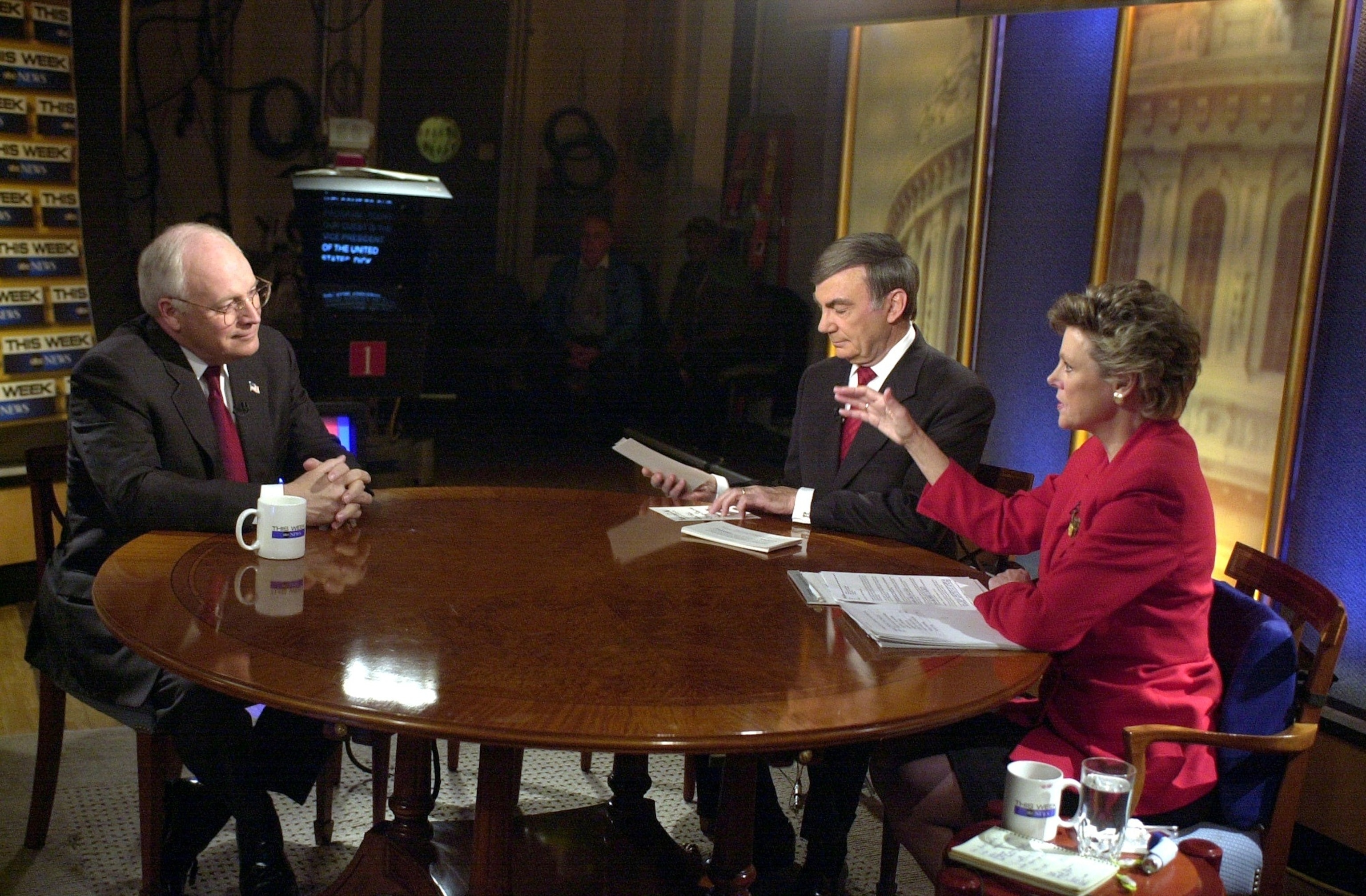
This file photo shows then-Vice President Dick Cheney during an interview on January 27, 2002.
Linda Spillers/ABC News
“Frankly, his power is unparalleled in the history of the republic for that position,” John Hulsman, a researcher at The Heritage Foundation, a Washington-based conservative think tank, told ABC’s “Nightline” in 2005.
Cheney said he viewed his role as vice president as that of advisor to the president.
“I don’t run anything, I’m not in charge of a department or a particular policy area, and being out all the time commenting on the issues of the day – pontificating if you will – about what’s going on, to some extent infringes on everyone else in the administration, especially those specific people who have specific responsibilities,” Global Affairs Chief Martha Raddatz told ABC News in an interview in March 2008, when she was a White House correspondent.
And later, in the 2013 documentary “The World According to Dick Cheney,” the former vice president said: “Tell me what terrorist attacks you would have allowed because you didn’t want to be a bad, nasty guy. Are you going to negotiate the lives of several people because you want to preserve your honor, or are you going to do your job, do what is required, first and foremost your responsibility is to safeguard the United States of America and the lives of its citizens?”
After his term ended, he remained politically active while former President George W. Bush returned to Texas and refrained from commenting on politics in an effort to avoid “undermining” the current president.
During President Barack Obama’s administration, Cheney emerged as an outspoken critic of the president’s national security policies, charging that Obama’s counterterrorism policies were making the country less safe.
“It has always been easy for evildoers to kill, but now it is possible for a few to do so on an unimaginable scale,” Cheney wrote in his 2011 memoir.
“I think the key is to elect serious, vigilant leaders, listen to the men and women who want us to entrust them with high office, and judge whether they are saying what they think we want to hear or whether they have the country’s broader cause in mind,” he continued. “It’s not always easy to go beyond nice promises, but in the case of America, the greater good is great.”
This is a developing story. Please check back for updates.
ABC News’ Benjamin Siegel contributed to this report.


